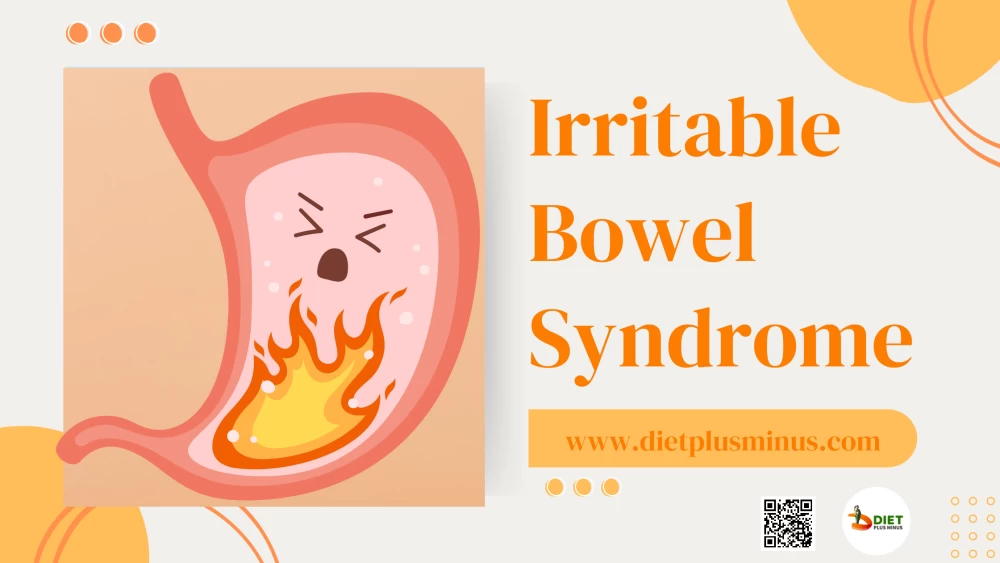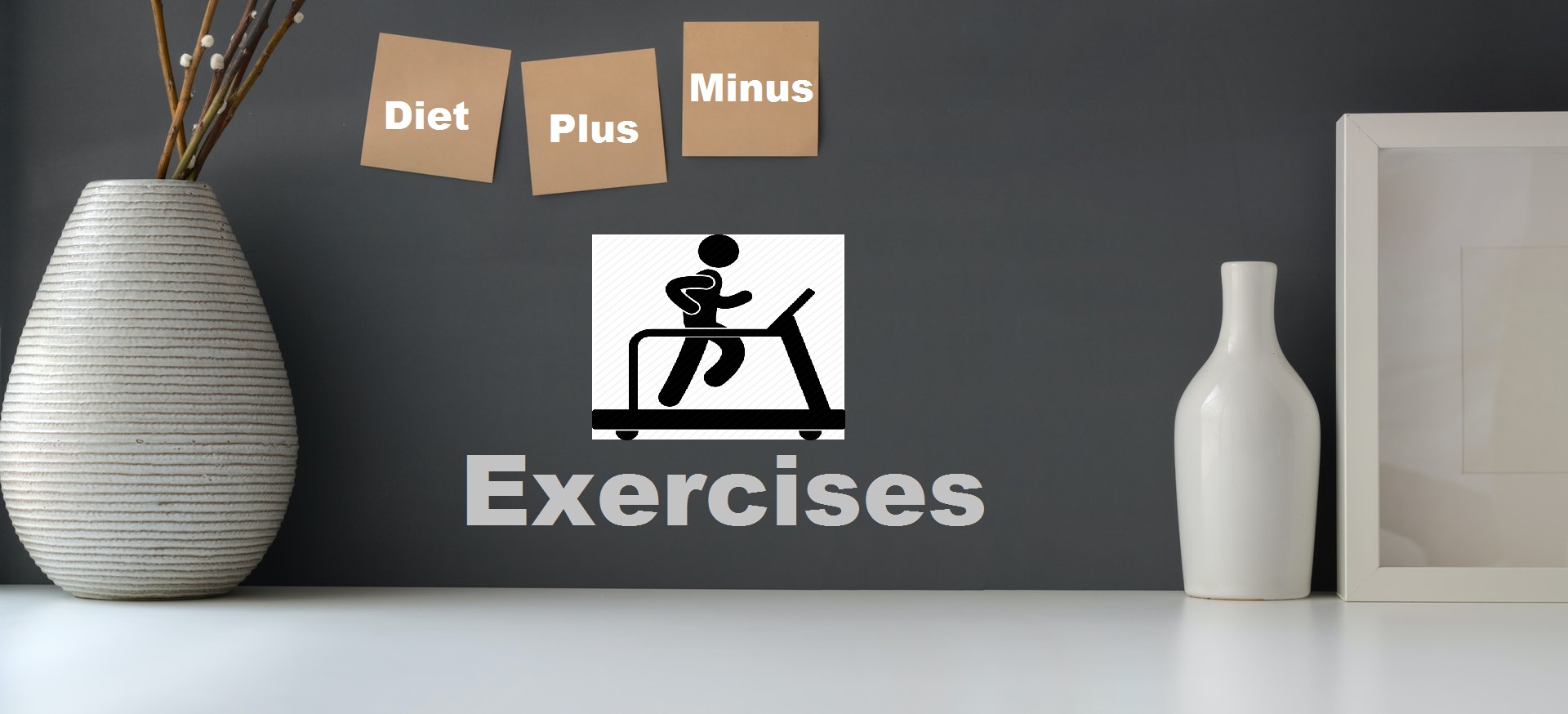
- 26th August 2020
Table of Contents
- What is Irritable Bowel Syndrome?
- How do determine if a person is suffering from Irritable Bowel Syndrome (IBS) and what are the consequences?
- How can diet help tackle Irritable Bowel Syndrome?
- High-fiber: Fiber helps in the movement of food in your alimentary canal. Fiber-rich foods like fruits, whole grains, and vegetables must be consumed every day so that you must at least have 20-35 grams of fiber every day.
- Low-fiber: While high fiber can help some people with IBS, fiber intake can worsen symptoms if you frequently have diarrhea and gas problems.
- Exclusion diet: Some patients may show relief after avoiding intake of coffee, chocolate, nuts, insoluble fiber, etc
- Gluten-free: Gluten is a protein found in grain products such as pasta and bread which can damage the intestines of gluten-intolerant people and some people of these also experience IBS. One must eliminate foods like barley, rye, and wheat.
- Low-Fat: High-fat foods have been known to contribute to a variety of health issues like IBS. Avoid eating fried foods and animal fats. Consume lean meats, fruits, vegetables, grains, and low-fat dietary products.
- Low FODMAP Diet: It is Fermentable oligosaccharide disaccharide monosaccharides and polyols. Avoiding a high FODMAP diet gives very good results in many patients.
- These are high FODMAP food:
- Lactose is found in milk, cheese, yogurt, ice cream, etc)
- Fruits like watermelon, pears, mangoes, plums, peaches, apples, etc
- Legumes like Toor dal
- High-fructose corn syrup
- Artificial sweeteners
- Wheat bread, pasta, cereals, etc
- Cashews and pistachios
- Vegetables like artichoke, asparagus, mushrooms, onions, brussels sprouts, cauliflower, broccoli, etc
- Read more about IBS and Functional dyspepsia
- How To Enroll To Get IBS or Functional Dyspepsia Diet Plan?
- Useful Links:
What is Irritable Bowel Syndrome?
IBS or Irritable bowel syndrome is one of the most common functional gastrointestinal disorders (GI disorder) which is characterized by abdominal pain or discomfort, and altered bowel habits.
Symptoms include recurrent diarrhea, constipation, or both which may take place either in a mixed fashion or alternately. Other symptoms are cramping, abdominal pain, and bloating.
In the United States itself, around 25 – 45 million people are affected by IBS while it has been estimated that 10 – 15% of the world's population has IBS.
The most spectacular feature is that the people suffering from this disease are under the age of 50!
How do determine if a person is suffering from Irritable Bowel Syndrome (IBS) and what are the consequences?
The exact cause of IBS is still not known but it has been observed that people adopting poor dietary methods fall prey easily to this disease. The symptoms which are quite significant include disturbances in the gut, brain, and nervous system interaction. People also believe that stress causes IBS but it isn’t correct although suffering from IBS along with being stressed can worsen or trigger the symptoms.
The effects of Irritable Bowel Syndrome range from mild inconvenience to quite severe debilitation. It has the strength to control many aspects of a person's health, social, emotional, and professional life. People suffering from moderate Irritable Bowel Syndrome to severe Irritable Bowel Syndrome struggle with symptoms that often impair their emotional, physical, education, social, and economic well-being.
How can diet help tackle Irritable Bowel Syndrome?
IBS does require Medical intervention but proper diet plans can help you suppress the symptoms and give you a better life. But what exactly do you need in your diet?
High-fiber: Fiber helps in the movement of food in your alimentary canal. Fiber-rich foods like fruits, whole grains, and vegetables must be consumed every day so that you must at least have 20-35 grams of fiber every day.
Low-fiber: While high fiber can help some people with IBS, fiber intake can worsen symptoms if you frequently have diarrhea and gas problems.
Henceforth, you must concentrate on sources of soluble fiber which is found in foods like apples, carrots, fibers, and oatmeal. Take advice from your dietician regarding fiber intake.
Exclusion diet: Some patients may show relief after avoiding intake of coffee, chocolate, nuts, insoluble fiber, etc
Gluten-free: Gluten is a protein found in grain products such as pasta and bread which can damage the intestines of gluten-intolerant people and some people of these also experience IBS. One must eliminate foods like barley, rye, and wheat.
Low-Fat: High-fat foods have been known to contribute to a variety of health issues like IBS. Avoid eating fried foods and animal fats. Consume lean meats, fruits, vegetables, grains, and low-fat dietary products.
Low FODMAP Diet: It is Fermentable oligosaccharide disaccharide monosaccharides and polyols. Avoiding a high FODMAP diet gives very good results in many patients.
These are high FODMAP food:
-
Lactose is found in milk, cheese, yogurt, ice cream, etc)
-
Fruits like watermelon, pears, mangoes, plums, peaches, apples, etc
-
Legumes like Toor dal
-
High-fructose corn syrup
-
Artificial sweeteners
-
Wheat bread, pasta, cereals, etc
-
Cashews and pistachios
-
Vegetables like artichoke, asparagus, mushrooms, onions, brussels sprouts, cauliflower, broccoli, etc
Read more about IBS and Functional dyspepsia
How To Enroll To Get IBS or Functional Dyspepsia Diet Plan?
Click here for 
Useful Links:
Register/Login ♦ Blog ♦ Subscription Plans ♦ Calculator ♦ Exercises ♦ All Testimonials ♦ Before and After ♦ Recipe ♦ Amazon Pantry♦Amazon Daily Deals ♦Shop with Amazon ♦Disclaimer ♦Privacy Policy ♦Terms and Conditions ♦ Facebook ♦ Twitter ♦ Linkedin ♦ Youtube














